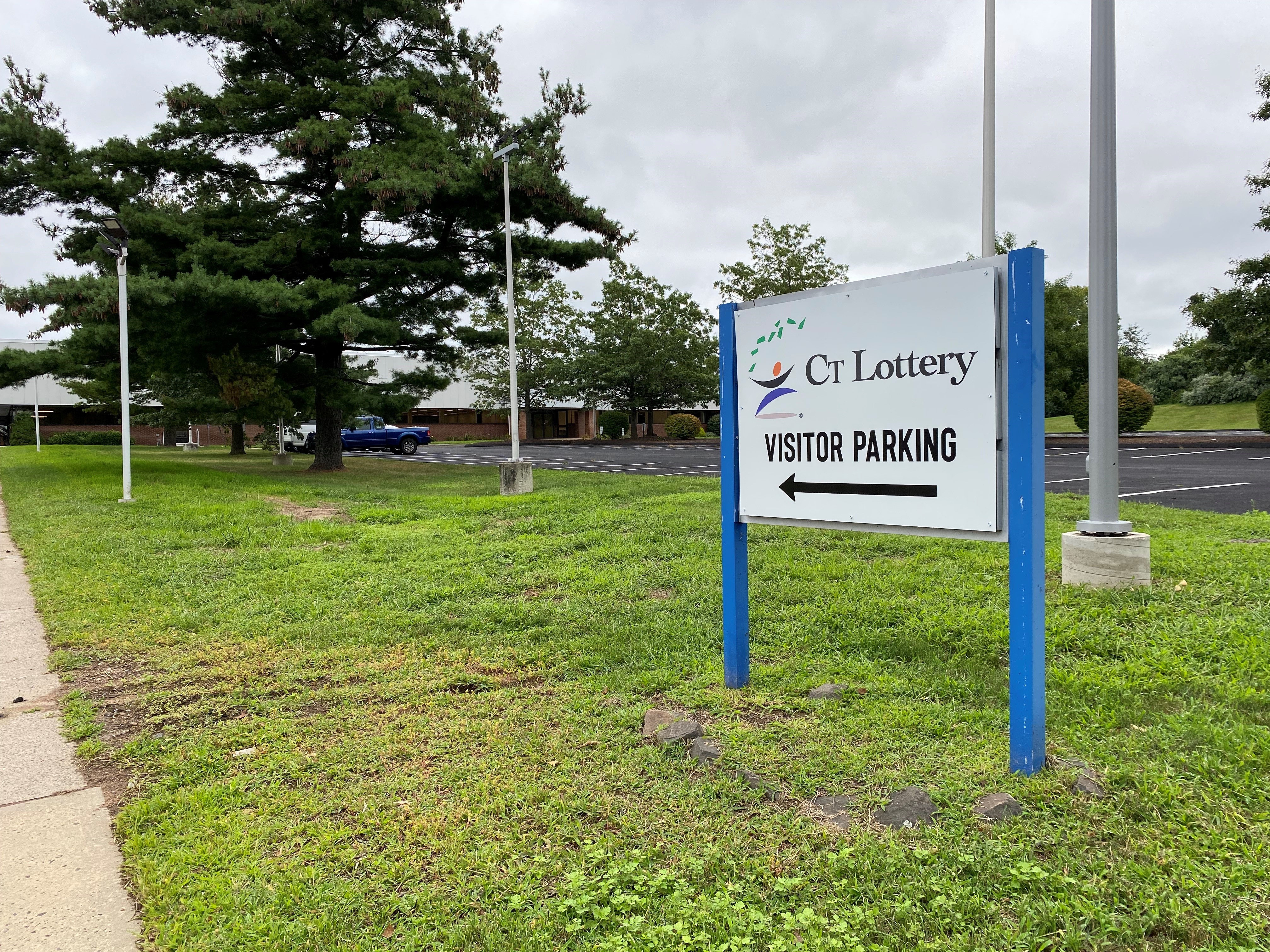In Connecticut, there is growing concern over legislation in Florida. Some people are sounding the alarm on a new law that makes Connecticut’s drive-only licenses invalid in Florida.
It could impact 61,000 Connecticut drivers that have one of those licenses, according to the Department of Motor Vehicles (DMV). There are a total of 2.6 million Connecticut residents with a driver’s license.
Diana Cadana has been hitting Connecticut roads for four years, ever since she moved to West Hartford from France to work as a scientist.
“Here’s my driver’s license,” she said. “But it doesn’t have federal identification.”
Get top local stories in Connecticut delivered to you every morning. >Sign up for NBC Connecticut's News Headlines newsletter.
Cadana is on a work visa, so she has a drive-only license that is valid for driving in Connecticut, but not for federal identification.
Despite working in the U.S. legally, Cadana now feels uneasy about driving out of state after learning the new legislation makes her Connecticut drive-only license invalid in Florida.
“That makes me feel illegal, actually,” Cadana said. “It's not good for people that are in that situation.”
Local
Navigating laws that aim to crack down on illegal immigration is a reality for the family of Gabriella Moncada in Bridgeport. Her husband, originally from Guatemala, also has a drive-only license.
“He's undocumented,” Moncada said in Spanish.
Although she has an aunt living in Florida, Moncada said that her family will now avoid traveling there.
“We're just not going to go, or we're going to try not to go, because we wouldn't feel comfortable,” she said.
The drive-only license first became available in Connecticut in December of 2014. The Connecticut DMV says the licenses are designed for people 16 and older who are undocumented, or unable to establish lawful presence in the U.S.
With the new Florida legislation, the DMV reiterates its warning: The Connecticut drive-only license may be honored in other states. However, you should check before driving.
Democratic Gov. Ned Lamont reiterates that Connecticut welcomes immigrants.
“We’re going in the wrong direction down there in Florida,” he said. “I’m proud that Connecticut’s in a very different place.”
However, the General Assembly’s Latino and Puerto Rican Sub Commission is concerned about racial profiling during traffic stops, and they are now calling for state leaders to support criminal charges if there is wrongdoing from law enforcement.
In a statement, the Sub Commission tells NBC Connecticut in full:
“The Puerto Rican and Latino Caucus has grave concerns about an audit of Connecticut State Police troopers that shows some officers collectively submitted tens of thousands of false traffic ticket records over the past decade. The Puerto Rican and Latino community is particularly affected by this as racial profiling data is skewed in the direction of no discrimination when it comes to traffic stops and ticketing. If the investigation proves intentional misinformation in ticketing was submitted throughout the years, there should be charges and repercussions brought to ensure there are consequences for damaging the public trust in our law enforcement. As a caucus, we have not seen a statement from leaders supporting criminal charges if there was wrongdoing and so we are calling for that today.”
Some immigration attorneys and advocates are also raising concerns about how the law will be enacted, including Caroline Sennett, Connecticut Institute for Refugees and Immigrants (CIRI) director of immigration legal services.
“I'm very concerned about the fact that local law enforcement is going to be looking at Connecticut licenses that they’re not familiar with,” Sennett said. “Some of our permanent residents are waiting for their new green card. They're like, ‘Can I travel there safely without my permanent resident card? I'm really worried about that.’ And there's not an easy answer, because we know it's not going to be immigration authorities. It's going be local law enforcement. And do they know what the documents look like?”
Chris George, Integrated Refugee and Immigrant Services (IRIS) executive director, also highlights potential national implications.
“Governors should be interested and increasing the safety of people living in their state,” George said. “The driver only license was instituted in order to ensure that people drive with registered vehicles, and that they have insurance. And it has worked very well in Connecticut. The governor of Florida should be copying Connecticut, should be replicating what we do here in Connecticut, instead of going against it and criminalizing people who have these licenses.”
Make the Road Connecticut, an immigrant support organization, is now warning some immigrants to avoid travel to Florida.
“Folks who are traveling to Florida, definitely be cautious when traveling over there, because this is just not safe right now,” Wendy Cardenas, Make the Road Connecticut organizing director, said.
Despite worrying about her family, right now, Moncada is pumping the brakes on any travel to the Sunshine state.
“It makes me feel bothered and indignant, because we as immigrant families, we came from countries where we were forced to flee different kinds of barriers, including violence and other things that kept us from being free,” Moncada said. “We came here and now are being kind of met with the same limitations on our freedom, that we're not able to move from state to state and feel comfortable driving within this country.”



